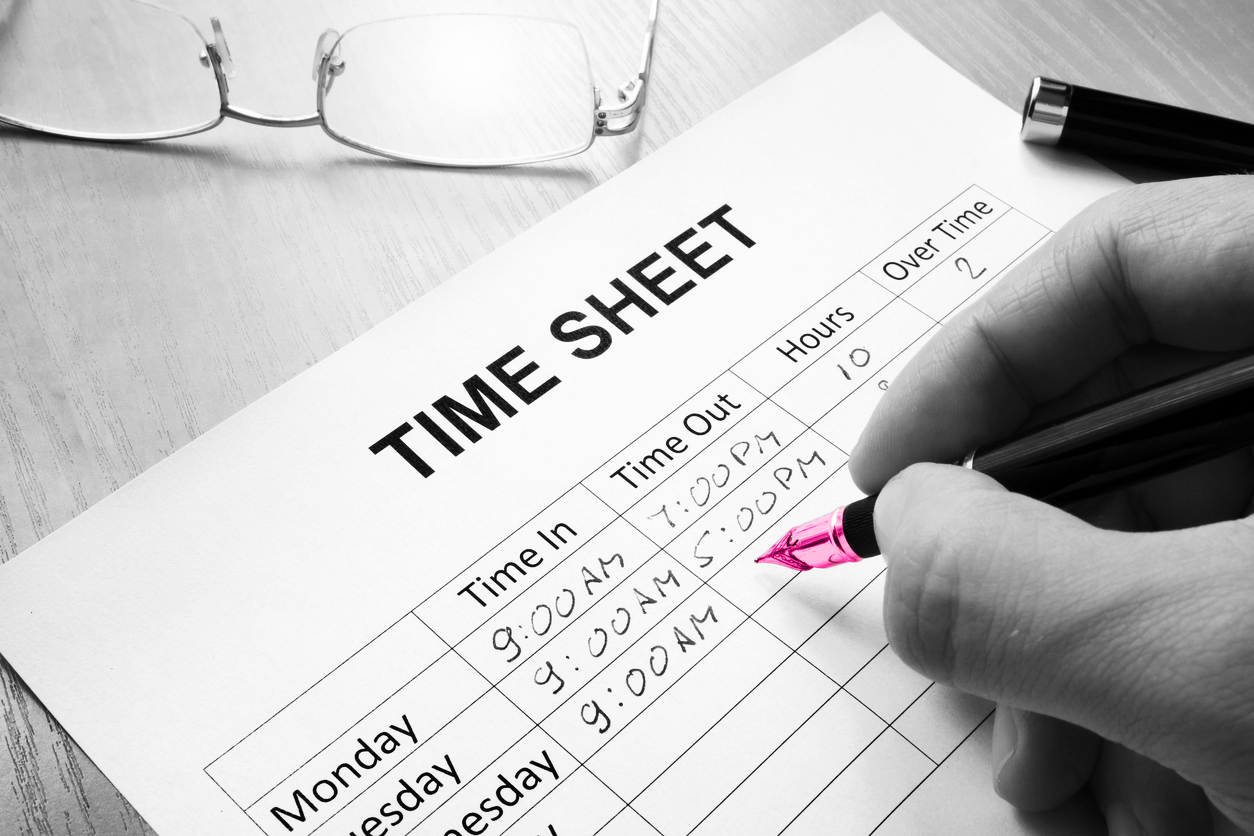Guide to Setting Up Home With your Partner
The Need for Advice
Living together with your partner or buying a home together can be exciting. It is however a risky situation from a legal viewpoint. Unmarried couples are not protected in law the same as married couples. The terms common law wife or husband have no legal meaning and by the time people realise this, it is often too late – the relationship has broken down and each party is not protected.
Our Service and Costs
At Fraser Dawbarns, we have over a 100 years experience helping clients understand the complexities of owning property jointly and what options are available. Our highly trained lawyers will keep you informed through a method of your choice; this could be by text message, post or email. With offices across the region, we are close by if you need to meet face to face to discuss an urgent issue or call in to sign and pick up documents to save postal delays. We provide a fixed cost for our service and will advise you of any other expenses which may be incurred.
What We Will Need from You
We will require a variety of details from you about your circumstances, which could include:
- details of the history of your relationship
- a list of your assets and those of your partner
- if you own your home, what its value is and the name it is owned in
- contributions you and your partner have made to the value of the home (including work on the property)
- the value of any other assets
- whether you or your partner have any children.
We will then explain your rights, highlighting the circumstances where you or your share of the home could be at risk and tell you what action to consider taking to avoid this. Please remember we can only act for one partner at a time. We cannot act for both of you even if you want this.
Things You Need to Consider
Home ownership
If you move into a property which is owned by your partner in his/her name then usually you have no right to the proceeds of selling the property. Unless you can prove:
- you have contributed to the deposit for the house or the mortgage payments; or
- you have made a financial commitment (e.g. paying for major work on the house) because it was agreed you would own a share of the property.
If the house is not in your name you have no right to live there if your partner asks you to leave. Neither do you have a right to inherit the property if your partner dies unless they leave the property to you in their Will. If there is no Will, you may need to claim against your partner’s estate through the court, but only if you have been living together for 2 years or more, or you were being supported financially by your partner.
We may recommend you to have the property transferred from a sole name into your joint names, either as joint tenants or tenants in common. If you own as joint tenants with a partner, you are usually entitled to 50% of the money if you sell the property. If one of you dies, the other automatically inherits the property, regardless of what is set out in your wills.
If you own as tenants in common, you have a right to your own share of the property but no more. Owning as tenants in common you can formally agree exactly what share of the property you each own by asking us to draw up a deed of trust. This document will prevent disagreements later. If either of you wish to leave your share in the property to your partner you will need to set this out in a Will.
Renting together
If you are renting together it is best to have any tenancy agreement in your joint names.
Cohabitation contracts
We can advise and draft cohabitation agreements which are a way of securing your joint finances and other arrangements. They set out, in advance, what each member of the relationship expects of the other, both during the relationship and if they separate or one of them dies. They are “honourable agreements”, which means that not all provisions in them will be enforced by the courts, but they do limit disagreements and provide peace of mind.
We will always advise you to take independent legal advice prior to signing either a Cohabitation agreement or a deed of trust.
Disagreements
Most couples don’t take legal advice until the relationship fails, a partner dies or there is some other crisis. It is rarely easy to solve a problem at this stage. Rest assured we have the expertise to advise and support you in finding the best solution for you within the law.
Costs
Our charges will depend on:
- your circumstances and requirements
- the detail required within the agreement.
Once you have a clear idea of what you wish to achieve we will be happy to provide you with a quote for drafting the documentation which will protect your position. If you require advice about any of these areas, or any other legal matter, do not hesitate to contact us by email info@fraserdawbarns.com
Related Articles
Recommended By The Legal 500 Directory*
*We are recommended for the following practice areas: Corporate and Commercial, Debt Recovery, Employment, Personal Injury: Claimant, Agriculture and Estates, Contentious Trusts and Probate, Family, Personal Tax, Trusts and Probate & Commercial Property.
ServicesContact
















